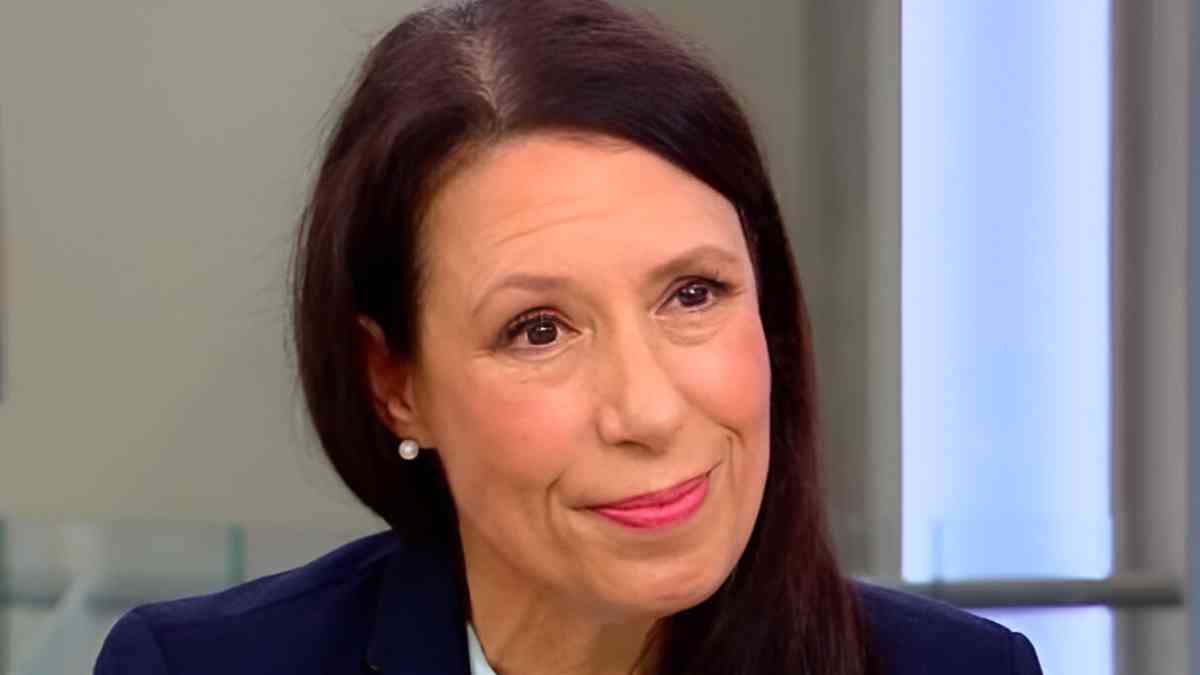Debbie Abrahams: A Tireless Advocate for Social Justice and Welfare Reform in Britain

Debbie Abrahams stands as one of the most resolute voices in contemporary British politics, especially on issues of social justice, disability rights, and welfare reform. Since entering Parliament in 2011 as the MP for Oldham East and Saddleworth, Abrahams has made her mark with a combination of principled determination, policy expertise, and an unwavering commitment to the vulnerable. Her background in public health and her sharp focus on inequalities have deeply influenced her political approach, making her a standout figure in the Labour Party and beyond.
Early Life and Education
Debbie Abrahams was born on 15 September 1960 in Sheffield, South Yorkshire, during a period of rapid post-war change. Raised in a working-class environment, her upbringing imbued her with an early awareness of social disparities. That sense of fairness and justice would later become the bedrock of her political ethos.
She pursued a degree in biochemistry and physiology at the University of Salford before earning a Master’s degree in Education (MEd) from the University of Liverpool. Her academic background is rooted in scientific inquiry, health, and systems thinking—skills she would later apply effectively in her work on public health and social policy.
Professional Career in Public Health
Before stepping into the political arena, Abrahams forged a respected career in health policy. She served as the Director of Public Health Research at Liverpool John Moores University and later held a pivotal leadership position as Chair of Rochdale Primary Care Trust.
Her tenure at the Trust was marked by an ethical stance: in 2007, she resigned in protest over increasing NHS privatisation. This decision, widely regarded as an act of integrity, signalled her deep commitment to public service and opposition to the erosion of universal healthcare principles.
This strong foundation in public health gave her a unique insight into how socioeconomic inequalities shape health outcomes—a theme that continues to underpin her political work.
Entry into Politics
Abrahams joined the Labour Party in the mid-2000s, motivated by what she saw as growing inequalities under the policies of the Conservative-led government. In 2010, she contested the Colne Valley seat but did not win. However, a new opportunity soon emerged.
Following the disqualification of Phil Woolas after a court ruling on election malpractice, a by-election was held in Oldham East and Saddleworth in January 2011. Abrahams stood as the Labour candidate and won, beginning her parliamentary career with a strong endorsement from both the party and constituents.
Parliamentary Work and Leadership Roles
Since her election, Debbie Abrahams has focused on the core issues that define her values: social justice, disability rights, and welfare reform.
She first made a name for herself in Parliament through her eloquent speeches and evidence-based approach to policymaking. Her work gained traction during the welfare reforms under the coalition and Conservative governments, particularly around the introduction and management of Universal Credit and the Personal Independence Payment (PIP) system.
Her appointment as Shadow Minister for Disabled People in 2015 under Jeremy Corbyn marked a turning point. She used her platform to amplify the voices of marginalised groups, questioning benefit assessments, cuts to social care, and the increasing hardships faced by disabled citizens.
In 2016, she was promoted to Shadow Secretary of State for Work and Pensions. During this time, she became a national voice on issues such as benefit sanctions, pension inequality, and child poverty. She led numerous campaigns to hold the Department for Work and Pensions (DWP) accountable for decisions that had, in some cases, devastating consequences for claimants.
Controversy and Resilience
In 2018, Abrahams faced internal scrutiny after allegations of bullying were raised by her staff. She denied any wrongdoing, asserting that the complaints were mishandled and politically motivated. Despite her removal from the Shadow Cabinet, she maintained her innocence and continued her work as a backbencher with consistent focus and energy.
Rather than fading into the background, she doubled down on constituency work, policy analysis, and committee responsibilities—reaffirming her commitment to public service.
Chair of the Work and Pensions Select Committee
In 2024, Debbie Abrahams was elected Chair of the influential Work and Pensions Select Committee. This role allowed her to intensify scrutiny on welfare policies, benefit assessments, and the workings of the DWP.
Under her leadership, the committee investigated several major issues, including the performance of the Child Maintenance Service and systemic problems within Universal Credit. Abrahams has advocated for a more compassionate, transparent, and efficient welfare system—emphasising the real-life consequences of administrative decisions on vulnerable citizens.
One of her hallmark achievements in this position has been pushing for improved access to benefits for disabled people and those with chronic illnesses. She has championed the principle that government services should be user-focused, data-informed, and rooted in dignity.
Policy Focus: A Holistic Vision for Equality
Debbie Abrahams’ political approach is defined by her belief in tackling structural inequalities through long-term, strategic policy change. Her health background informs her understanding that poverty is not just an economic issue but a major determinant of physical and mental health.
She has spoken passionately about the links between housing insecurity, low pay, and poor health outcomes. To address these challenges, she advocates for a joined-up approach—one that integrates welfare, housing, education, and health policies.
On the matter of pensions, she has been a firm ally of the Women Against State Pension Inequality (WASPI) campaign, challenging abrupt changes to pension age rules that disproportionately affected women born in the 1950s.
Abrahams is also a consistent advocate for mental health reform, arguing for parity between mental and physical health services in both funding and recognition.
International Solidarity and Human Rights
Beyond domestic affairs, Debbie Abrahams has played a significant role in international advocacy. She has been a member of the All-Party Parliamentary Group (APPG) on Kashmir and has been vocal about human rights abuses in conflict zones.
In 2020, she was denied entry to India due to her critical stance on human rights violations in Kashmir, an incident that drew international attention. Her commitment to human rights is deeply embedded in her political philosophy—demonstrating that her concern for justice transcends national borders.
Relationship with Constituents
Despite her national profile, Abrahams has never lost sight of her roots. She remains an accessible and active MP for Oldham East and Saddleworth, holding regular surgeries, engaging with local groups, and addressing concerns ranging from housing complaints to anti-social behaviour.
Her connection with the community is evident in her consistent electoral support. Voters recognise her as a principled, hardworking representative who listens and acts.
Recent Developments and Future Outlook
As of mid-2025, Abrahams continues to be a vocal critic of the government’s welfare policy proposals, particularly those that threaten to introduce a tiered system of benefit provision. She has not ruled out opposing such measures even if partial concessions are granted—demonstrating that her principles remain unchanged.
With mounting challenges facing the welfare state, from rising child poverty to long benefit delays, her leadership on the Work and Pensions Committee has become even more vital.
Looking ahead, Debbie Abrahams remains a crucial figure in shaping Labour’s future direction on social policy. While some speculate about whether she might take on another frontbench role or rise further within the party hierarchy, her impact is already cemented.
Personal Traits and Leadership Style
Colleagues across party lines describe Abrahams as principled, methodical, and empathetic. Her leadership style is grounded in collaboration rather than confrontation. She places a premium on data, lived experience, and stakeholder engagement, which distinguishes her from more ideologically rigid figures in politics.
Her speeches often balance emotional clarity with factual rigour—using real stories to underscore the consequences of governmental decisions.
Conclusion
Debbie Abrahams exemplifies the kind of politician whose career is driven not by personal ambition but by public service. With a background in health, a commitment to fairness, and a passion for reform, she has become one of the most effective advocates for the voiceless in British politics.
In an era where political discourse can be polarised and superficial, Abrahams offers a model of substance, integrity, and moral clarity. Her work in Parliament—particularly on welfare reform and public health—continues to shape the lives of millions. For those who believe in a fairer, more inclusive Britain, her contributions offer both inspiration and direction. For more updates, visit the official Debbie Abrahams Site.



